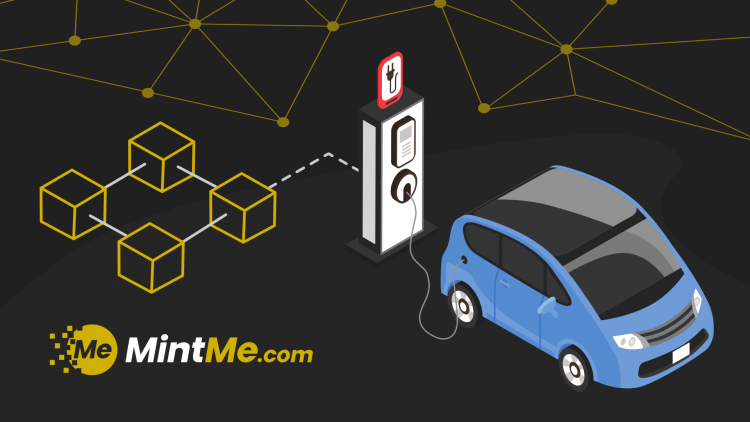
Electric vehicles (EVs) have the potential to significantly reduce our reliance on fossil fuels and contribute to the transition to a more sustainable transportation system. However, one of the key challenges in the widespread adoption of EVs is the availability and accessibility of charging infrastructure.
One potential solution to this challenge is the use of blockchain technology to enable the creation of a decentralized charging network. This network would allow EV owners to charge their vehicles at any available charging point, whether it be at a public charging station or at a privately owned charging point in someone's home.
By using blockchain, a decentralized charging network would allow for the creation of a secure and transparent platform for EV charging transactions. This would not only make it easier for EV owners to access charging infrastructure, but it would also help to optimize the use of existing charging infrastructure by allowing for the sharing of privately owned charging points.
In addition to improving accessibility and utilization, a decentralized charging network based on blockchain technology could also help to reduce the overall costs of EV charging. By enabling the creation of a more efficient and competitive market for EV charging services, blockchain could help to drive down the cost of charging for EV owners.
Furthermore, the use of blockchain in a decentralized charging network could also facilitate the integration of EVs into the broader energy grid. By enabling the tracking and management of EV charging and discharging data, a decentralized charging network based on blockchain could help to optimize the integration of EVs into the energy grid, potentially helping to reduce the strain on the grid and improve the overall efficiency of the energy system.
Overall, the use of blockchain to facilitate the creation of a decentralized charging network has the potential to significantly improve the accessibility and affordability of EV charging infrastructure, as well as optimize the integration of EVs into the energy grid. While there are still a number of challenges to be addressed in the development of such a network, the potential benefits make it an exciting area of exploration for the future of EV charging.
One potential benefit of a decentralized charging network based on blockchain technology is that it would allow for the creation of a more resilient and robust charging infrastructure. By enabling the sharing of privately owned charging points, a decentralized network would help to ensure that EV owners have access to charging infrastructure even in areas where there is a limited number of public charging stations.
Another potential advantage of a decentralized charging network is that it could help to reduce the need for costly infrastructure investments. By allowing for the sharing of privately owned charging points, a decentralized network would help to spread the costs of EV charging infrastructure across a larger number of users, potentially making it more affordable for individuals and businesses to install charging points.
In addition, a decentralized charging network based on blockchain could help to improve the overall efficiency and sustainability of the energy grid. By enabling the tracking and management of EV charging and discharging data, a decentralized network could help to optimize the integration of EVs into the grid, potentially helping to reduce the strain on the grid and improve the overall efficiency of the energy system.
Finally, it is worth noting that while a decentralized charging network based on blockchain has the potential to offer a number of benefits, there are also a number of challenges that need to be addressed in the development of such a network. These challenges include issues related to data privacy, cybersecurity, and regulatory compliance. However, with the right approach and the continued development of blockchain technology, these challenges can be overcome, paving the way for the creation of a more efficient, sustainable, and accessible EV charging infrastructure.
Isaac Vitales